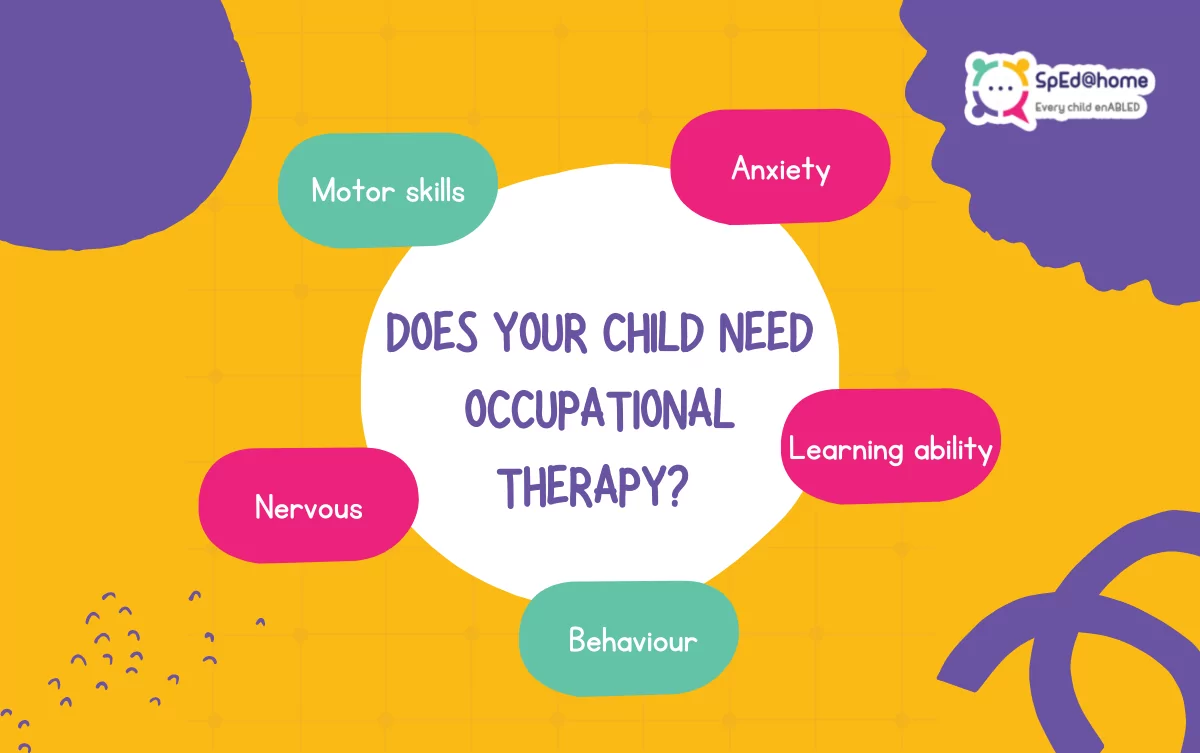Every child learns differently, but some may need extra help to reach their full potential. If your child is struggling in school, a special education assessment can provide the answers you’re looking for. It is the first step in identifying learning challenges, developmental delays, or behavioral concerns, and creating a clear plan to support your child’s growth.
What is a Special Education Assessment?
A special education assessment is a detailed evaluation that looks at your child’s academic, behavioral, emotional, and developmental needs. It is usually conducted by a team of specialists, such as psychologists, speech and language therapists, occupational therapists, and educators.
The goal is not to label your child but to understand their strengths and challenges so that they can receive the right interventions at the right time.
Why is it Important?
Early identification is the key to success. Research shows that children who receive support through early intervention programs show significant improvement in:
Reading and writing skills
Social and communication abilities
Confidence and classroom participation
Independence in daily tasks
A timely assessment can also reduce the need for more intensive support later in a child’s academic journey.
What Does the Assessment Include?
A comprehensive special education assessment often involves:
Cognitive testing: Understanding how your child learns and processes information.
Academic evaluation: Checking reading, writing, and math skills compared to age expectations.
Speech and language testing: Assessing communication abilities and comprehension.
Behavioral and emotional review: Identifying patterns that may affect learning and social interactions.
Occupational and sensory evaluation: Looking at motor skills, focus, and sensory processing.
The results help create a personalized Individualized Education Plan (IEP) or similar support structure tailored to your child.
Signs Your Child May Need an Assessment
Parents often wonder when to seek help. Some common signs include:
Difficulty keeping up with schoolwork despite effort
Trouble with reading, writing, or numbers
Limited speech or difficulty expressing ideas
Frequent frustration, withdrawal, or behavioral challenges
Struggles with focus, attention, or organization
Challenges with motor skills or coordination
If you notice these patterns, an assessment can provide much-needed clarity.
Benefits for Parents and Children
Clear understanding of your child’s learning profile
Actionable strategies for both home and school
Tailored interventions that improve outcomes
Peace of mind knowing your child is supported
Taking the First Step
If you suspect your child has a learning difficulty or developmental delay, don’t wait. A special education assessment can empower you with the knowledge and tools to help your child succeed. Whether conducted in person or online, it opens the door to personalized learning, early intervention, and long-term growth.


